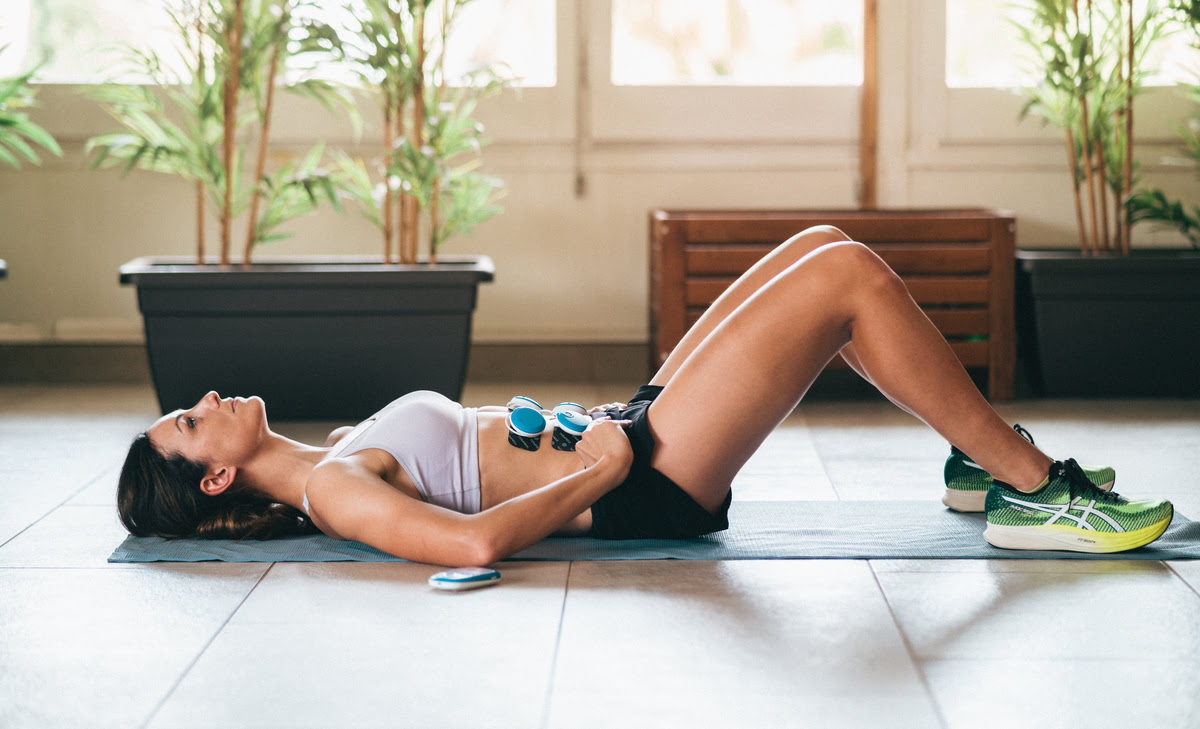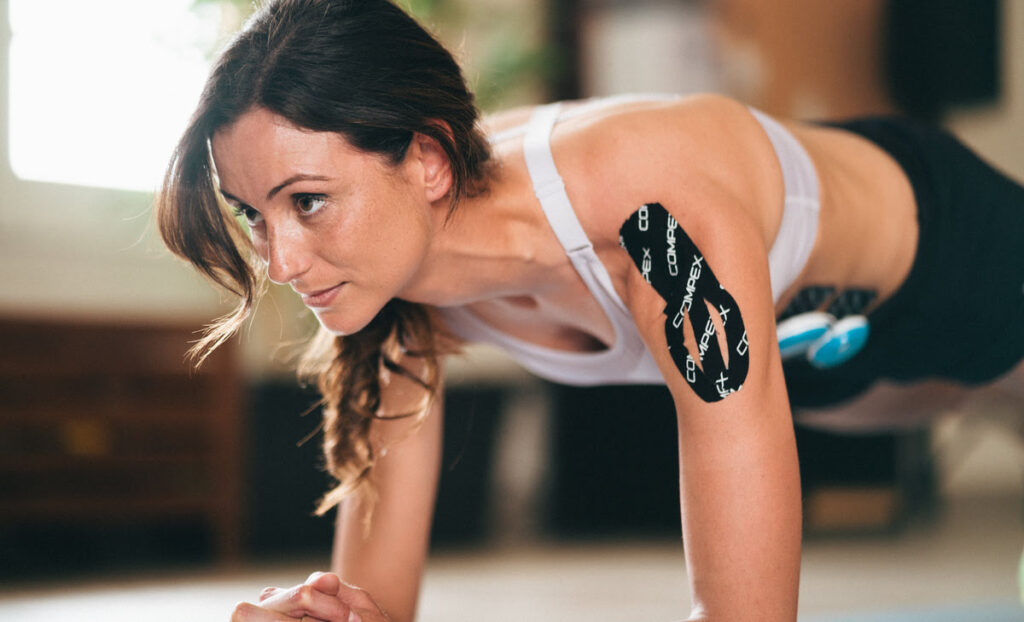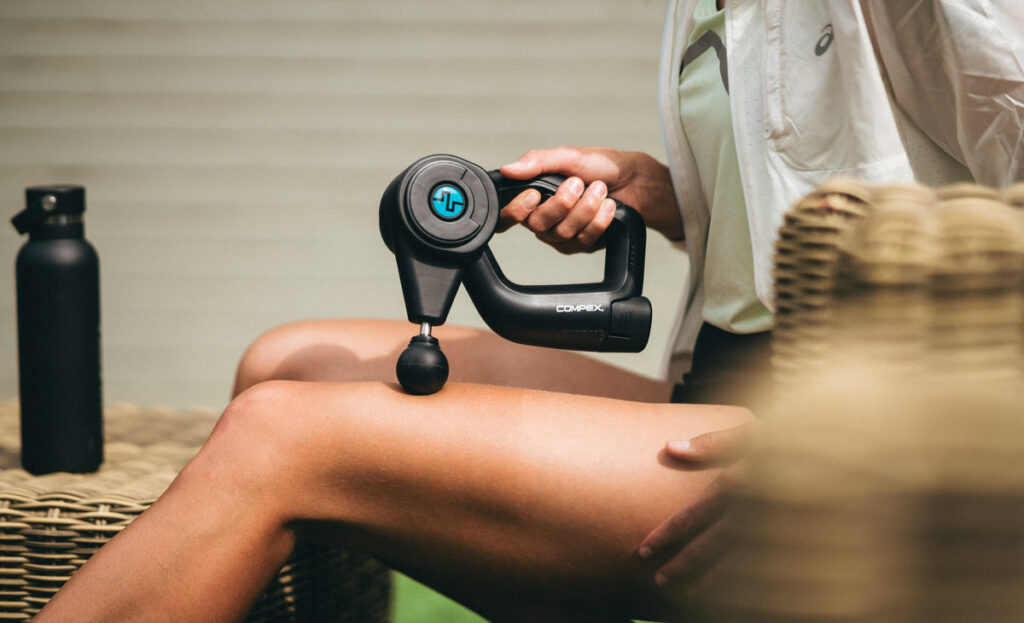10 Self-Care Tips From Dr Sue Knowles

Dr Sue Knowles is a Consultant Clinical Psychologist, who works for Changing Minds UK, and an author of self-care and self-help books for young people. She gives us her top 10 self-care tips for coping during stressful times.
Tip #1 - Getting a Good Night’s Sleep
Sleep is so, so important for your health and wellbeing. Maybe use this opportunity of being in lockdown to think about and improve your sleep routine, and you’ll see a big impact upon how you generally feel. Start by asking yourself, am I getting enough sleep every night? Do I have a proper bedtime routine? Do I generally go to bed and get up at about the same time? Is my bedroom an appealing place to sleep? (cool, dark, quiet). Then start to make little tweaks to your sleep routine and notice yourself start to feel a little more refreshed each day.
Tip #2 - Closeness and Connection
We need closeness and feelings of connection with others – it’s what makes us human. Although it can be hard to be physically close to others right now, think carefully about how you can continue to connect. It might be sending a text, photo or video, checking-in with friends or family, sending an email, or having a videocall, or finding ways to play games together online. You may even want to go old-school and send a letter.

Tip #3 - Self-Care and Exercise
For lots of people, exercise is one of the best coping strategies. It can relieve stress and tension, help us to ‘let go’ of the day, make us feel physically better, and improve our mood. It can also be an important part of our daily routine. Although you might not be able to exercise in the ways that you usually would (such as going to the gym) seek out other ways to exercise and be creative.

Tip #4 - Self-Soothing
One of the best ways to make ourselves feel better, is to find things that help us to feel soothed. Is it snuggling with a blanket on the sofa, having a bath, having a bowl of warm comforting soup, sitting in front of an open fire, or kneading dough? Everyone is a bit different, so you can have fun exploring what works best for you. For example, some people prefer warmth (a hot water bottle, hot bath etc.) and others prefer the cold (a cold compress or icy cold drink).
Tip #5 - Opposite emotion
One way to alter our emotional state, is to do things that play into the opposite emotion. For example, if we’re feeling sad or low, it can be useful to watch a funny film/comedy show, read an uplifting book or listen to a high-energy playlist. Or if we’re feeling angry, we can listen to calming music and try to relax our bodies.
Tip #6 - Self-Care and Tension
When we get stressed, angry or anxious, we tend to hold this emotion within our bodies. Sometimes we don’t realise that we are feeling this way until we do a body scan. Try checking in with your body right now – how am I feeling in my body? Am I tense? Are my shoulders relaxed? If you feel any tension, gently let it go on each outbreath. Slowly notice your body start to relax. Other useful ways to let go of any tension are doing progressive muscle relaxation exercises or having a massage.

Tip #7 - Stay Present
When going through a stressful period, we might notice that our minds race, and our thoughts feel overwhelming. But when we can calm our minds, this can help us to feel much better, more in control, and reduce feelings of stress. Mindfulness is a technique that helps us to pause, quiet our minds, and ‘be aware’ in the present moment. There are lots of great apps out there with guided meditations that you can use, or you might want to try out the ‘breathing mindfulness exercise’ below.
Tip #8 - Know What Works For Your Self-Care
We have often been through tough times in our lives and have somehow learned ways to get through them. Try to think back of what has helped you to cope in the past: what did you learn from that experience? What strengths can you draw upon now to help you to cope with what you are currently going through? What coping strategies can you use again?
Tip #9 - Be Kind To Yourself
In this stressful time, the headlines suggest that society is generally being more empathic and compassionate. It’s absolutely true that lots of people are going out of their way to care for, and support, other people. But sometimes, we forget to do this for ourselves. We can continue to hold unrealistic and high standards for ourselves, when we would never expect this of others. It’s important to remind ourselves that we are going through this too, and that “It’s okay to not be okay”.
Tip #10: Self-Care Through Mindful Breathing
Find a comfortable position, whether you are lying down or sitting on a chair. If you’re sitting, make sure that your back remains straight, but allow your shoulders to gently drop. Notice your eyelids starting to feel heavy and gently close your eyes. Feel your body becoming heavy and allow it to sink down into the chair or bed. Acknowledge a sense of your body and mind slowing down. When you’re ready, bring your attention to your breathing, breathing in slowly…and out slowly.
Bring your attention to your chest, feeling it rise gently on your in-breath, and then fall on the out-breath. Continue to focus upon your breathing, staying with each in-breath and each out-breath.
Every time you notice that your mind starts to wander, as it naturally will, gently bring your attention back to the feeling of the breath. If your mind wanders from the breath a thousand times, then your job is simply to gently bring your attention back to the breath each time, gently and compassionately.
Now, when you feel ready, gently bring your attention to your nose. Feel the cold air rushing through your nostrils on the in-breath, and the warm air rushing out through your mouth on the out-breath. If you find it hard to focus, then perhaps swap this around, and breath in through your mouth and out through your nose.
Finally, when you feel ready, bring your attention to the whole breath. Notice how the cold air rushes in through your nostrils, how your chest rises and falls, and the warm air rushes out of your mouth. Be with each breath for its whole journey.
To end the mindfulness exercise, slowly bring your attention back to the room, gently open your eyes, and wiggle your toes.
LinkedIn: https://www.linkedin.com/in/sue-knowles-088317a0/
Twitter: @suefknowles
Compex - Always with you
We're on the side of athletes, amateurs and ordinary people. From the search for improved performance to post-injury recovery, from post-fatigue massage to pain treatment. At Compex, we have just one objective: people's well-being.
To choose the one that's right for you, take a look at our buying guide.
Read our experts' advice on the official blog, watch our videos on the YouTube channel and follow us on Facebook and Instagram to stay up-to-date.




